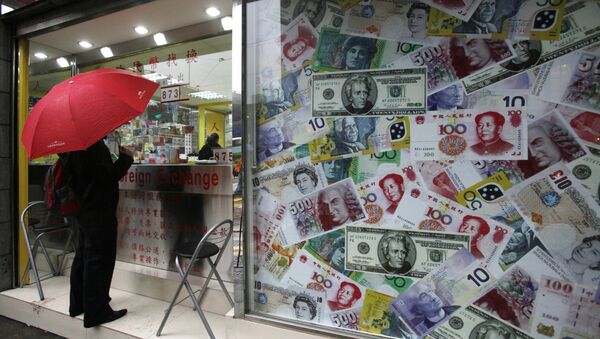China has made a request to the International Monetary Fund (IMF) asking the IMF to recommend the Chinese renminbi as a reserve currency.
If Chinese yuan becomes a reserve-currency economy it would give China simpler and cheaper access to capital. But the drawback of that would be that the reserve currency will become high in demand, result of that would be that exports become less competitive and imports more competitive.
The SDR is an IMF reserve currency comprising specific allocations to stable, global currencies, a guide to what global central banks should hold for reserves. Currently, this is the yen, euro, pound sterling and US dollar.
Currently, China is involved in two major new institutions the so-called ‘BRICS’ bank and the Asian Infrastructure and Investment Bank (AIIB).
These institutions may be considered counterpoints to related Western establishments such as the IMF itself or the World Bank.
These new institutions are important, not only for their potential influence on development in emerging Asian economies, but also for the renminbi.
If the renminbi gets approved as a reserve currency, it is likely to seize this as a chance to use it in trade with primary trading partners.
It is possible that renminbi would gain shares because the central banks like stability and China may actually provide the stability that is needed. China also has the highest yields, further making the Chinese currency appealing.
Economic hegemony may soon be coming to an end, regardless of the IMF’s decision.



